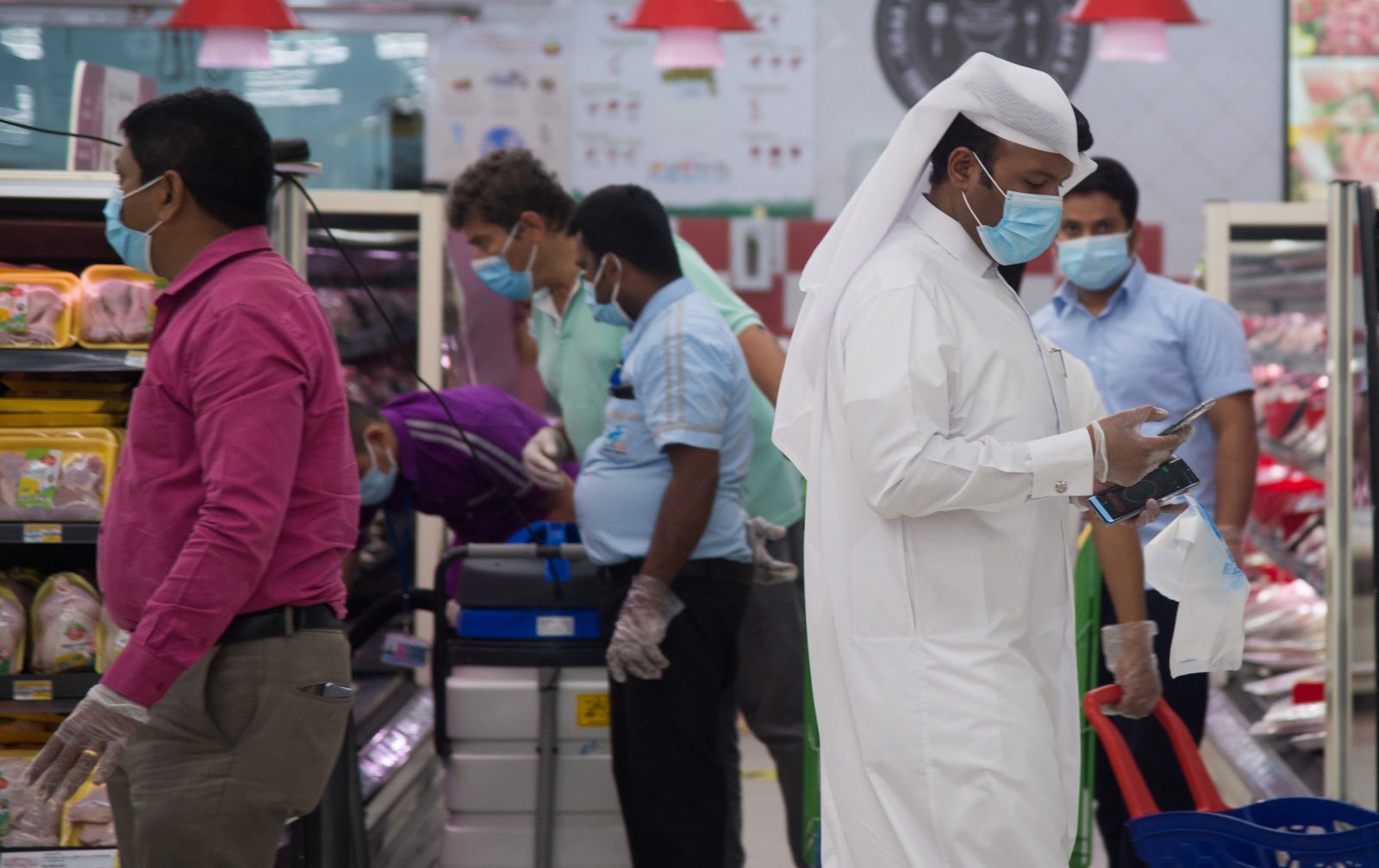Here’s all you need to know about the Gulf nation’s latest Covid-19 travel updates.
Following weeks of a steady decrease in Covid-19 cases, Qatar’s health authorities have released a new list of updates to ease pandemic restrictions, effective Thursday.
With these modifications, the Ministry of Public Health aims to make it easier for travellers to leave and enter the country while adhering to all measures designed to stop Covid-19 from spreading among the community.
The changes come less than three months from kick-off for the much-awaited World Cup, which is expected to bring over a million visitors to Qatar for the first ever Middle East edition of the FIFA tournament.
Travel updates
Per the new decision, the red list of countries subject to quarantine for all international travellers has been removed.
This means that international travellers will not be required to quarantine upon arrival, no matter their country of departure. However, only those who test positive must quarantine for a minimum of 10 days, according to the country’s protocols.
As for testing, all citizens and residents are required to take a rapid antigen test (RAT) at a medical facility that has been approved by the Ministry of Public Health within 24 hours of their arrival in Qatar.
Visitors, on the other hand, are required to present a negative PCR test obtained within 48 hours prior to arrival or a negative rapid antigen test (RAT) certificate 24 hours prior to arrival.
Authorities also said GCC nationals and residents are not required to fill out the pre-entry online registration form, but must download the Ehteraz mobile app and activate it on their phones using a local or foreign SIM card.
The rest of travellers are required to register in the pre-entry online registration system and download Ehteraz, with a few exception from some European countries.
No more masks indoors
Citizens, residents, and visitors to Qatar are no longer obliged to wear face masks in closed public spaces, with the exception of health facilities and public transportation, the country’s cabinet announced on Wednesday.
However, all employees in establishments whose line of work necessitates working in confined spaces and interacting with clients are required to wear masks while on the job.







